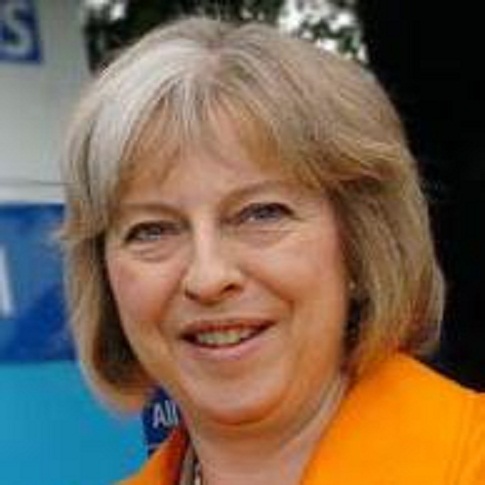

Home secretary Theresa May is still hoping the controversial Communications Data Bill will be make it through to Parliament, following the murder of soldier Lee Rigby in Woolwich.
May has also indicated radical Islamist groups could have their websites banned, even if they do not advocate violence. The comments came after the death of Rigby, killed by two alleged extremists, which the government said was likely a terrorist attack
The proposals would allow Theresa May to order any ISP to store comms data on all customers, including what sites they visited, whom they contacted, where from and for how long. Content of messages would not be included.
May voiced her support of the bill during the BBC’s Andrew Marr Show this weekend, saying it was essential intelligence agencies had access to communications data.
“We need to ensure we are giving our law enforcement agencies and intelligence agencies access to the tools that they need to fight crime, paedophiles and terrorists,” May said.
Former government ministers, including former Labour home secretary Lord John Reid, have also called for Snoopers’ Charter to be put back on the table.
But privacy activists will again fight the bill, as the Home Office and Theresa May together a fresh draft.
Emma Carr, deputy director of Big Brother Watch, said: “The Prime Minister was right to warn against knee-jerk reactions, but sadly it seems some of his Parliamentary colleagues have grasped at the first piece of law that sprung to mind without even waiting for the full facts to emerge.
“There are clearly failings in current surveillance law, but the solution is to allow the police and agencies to focus their investigations on individuals whatever technology they are using and to monitor who those people are talking to, not recording what everyone in the country is doing.”
Are you a pedant on privacy? Try our quiz!
Apple fined 150m euros over App Tracking Transparency feature that it says abuses Apple's market…
OpenAI to release customisable open-weight model in coming months as it faces pressure from open-source…
Samsung's Bespoke AI-powered fridge monitors food to create shopping lists, displays TikTok videos, locates misplaced…
Huawei sees 38 percent jump in consumer revenues as its smartphone comeback continues to gather…
In world-first, China approves commercial flights for EHang autonomous passenger drone, paving way for imminent…
Microsoft closes down IoT and AI lab it operated in Shanghai tech district in latest…
View Comments
A big NO to Theresa May.
Nothing justifies the type of snooping she proposes.
We have quite enough bureaucracy and intereference already thank you and we would like less, not more.